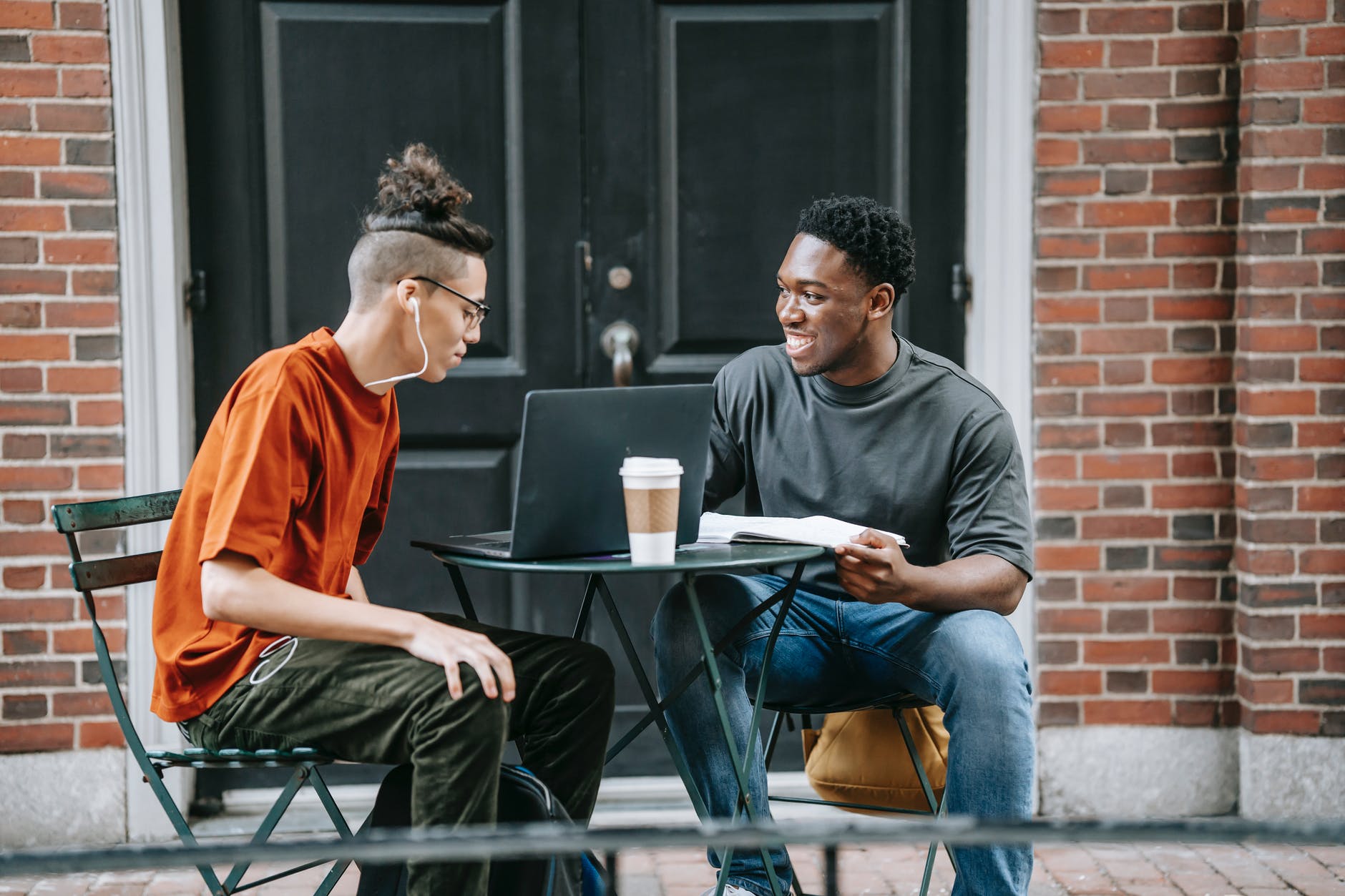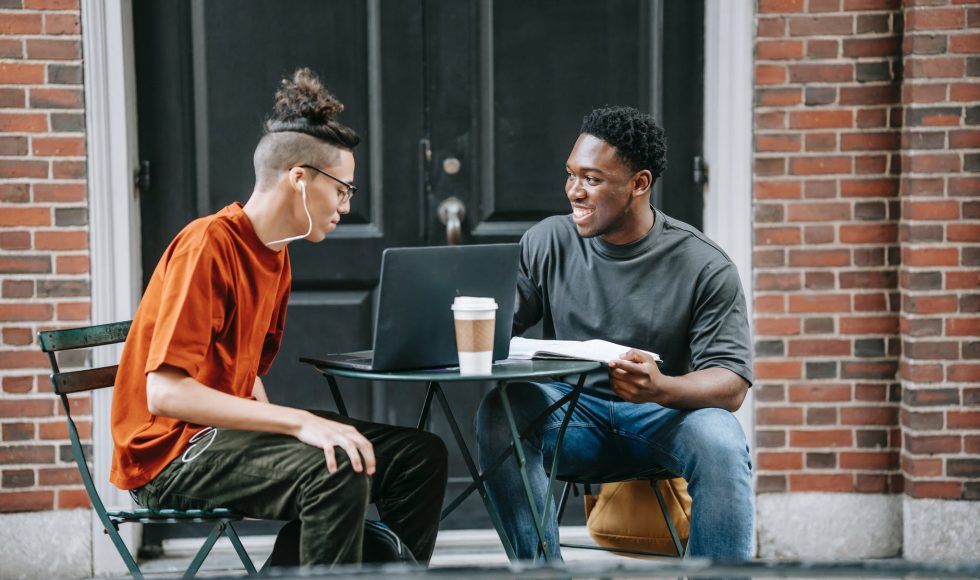I had a fun day reconnecting with former students who have now become colleagues and collaborators. How cool! Their energy, willingness to teach me new things about technical writing and videos, and kindness have always been evident despite communicating only every couple of months. Kindness! That’s why when I saw Dr. Mica Estrada’s SABER talk entitled: “The influence of kindness and community in broadening participation” I knew it was a good way to end an… interesting week. Estrada is an Associate Professor at UC San Francisco with roots in Mexico. She started by presenting data on STEM degree attainment by major groups highlighting the disparities of minorities as they progress through academic levels/ranks (Estrada et al. 2015). Estrada described her career trajectory and research interests. Estrada was a PI on the Science Study that collected data for 11 years on RISE program students. Retention for the study was over 70% over the duration of the study! Students in the RISE program with research experience was critical for maintaining people’s interest in pursuing a biomedical career. Building on Kelman’s social influence theory (Estrada’s mentor), Estrada used the Tripartite Integration Model of Social Influence (TIMSI) to integrate scientific self-efficacy (“I can do what scientists do”), scientific identity (“I am a scientist”), and internalization of scientific values (“I agree with the values of the scientific community”). The integration results in people better integrated into the scientific community and in persistence (Estrada et al. 2011). The research by Estrada showed that feeling a sense of belonging was the strongest prediction of moving forward. In another study (Estrada, Hernandez, & Schultz 2018), they found that science identity was predicting whether a STEM career was pursued. Quality mentorship and research experience were also important.
Estrada then described quality mentors as “provide psychosocial support, instrumental support, and networking” to other people in the field. Along with Matsui, Estrada looked at enthusiasm and social connection and their contribution to integration. Social connections and relationships matter within programs! Estrada then discussed findings of the graduate student BRIDGE program. The role of mentors and the support that helped graduate students persist was different for white students and PEERs. In another study, Estrada and colleagues looked at the role of mentor cultural value alignment for mentoring American Indian students.
Estrada then paused and asked: “How do we grow the positive?” and help promote kindness. She discussed how we have been focusing on anti-racism initiatives and eliminating the negative, and we should also focus on elevating kindness. Estrada, Reveles, and Matsui (2018) wrote an article on kindness and threat: macro aggression, macro affirmations, micro aggression, and micro affirmations. Estrada described how we have ambiguous institutional environments: we are not sure if we belong or what is going to happen. She mentioned that belonging matters and impacts cognitive processes and motivation (Baumester & Leary 1996). Citing Isen 2008, Estrada explained that emotions influence our cognitive abilities. Estrada further stated that kindness…
- conveys belonging,
- relaxes the nervous system,
- increases sense of safety,
- optimizes cognitive function and space for creativity, and reduces suffering
Estrada stated that the attributes of an inclusively excellent institution include:
- heart (kindness and belonging experiences),
- mind (academic excellence),
- body (diverse representation), and
- spirit (creativity and meaning).
I love this! Estrada nicely described what we can strive for as we promote inclusion, creativity, and human connection in courses and campuses. During the question and answer session, Estrada described how emotion is needed for PEERs to persist and thrive! This really resonated with me as I have been told to be less emotional several times this year! Estrada also talked about value systems that prioritize money or the wellbeing of the community. One interesting question was how can mentors include the families of their mentees to share their products and learning. Estrada thought this was an area of improvement and future research. Finally, Estrada discussed creating spaces for creativity and learning. “We shouldn’t have to lose our kindness” to be respected and thrive in academia was a phrase that Estrada mentioned that I want to remember. Acknowledging humanity does not mean you will be easy or lax. Estrada hoped that we can all establish dignity and kindness at the beginning of our courses. I want to be true to myself and ‘human’ before my students and colleagues. Kindness and empathy do have a place in learning.

Photo by Keira Burton on Pexels.com


